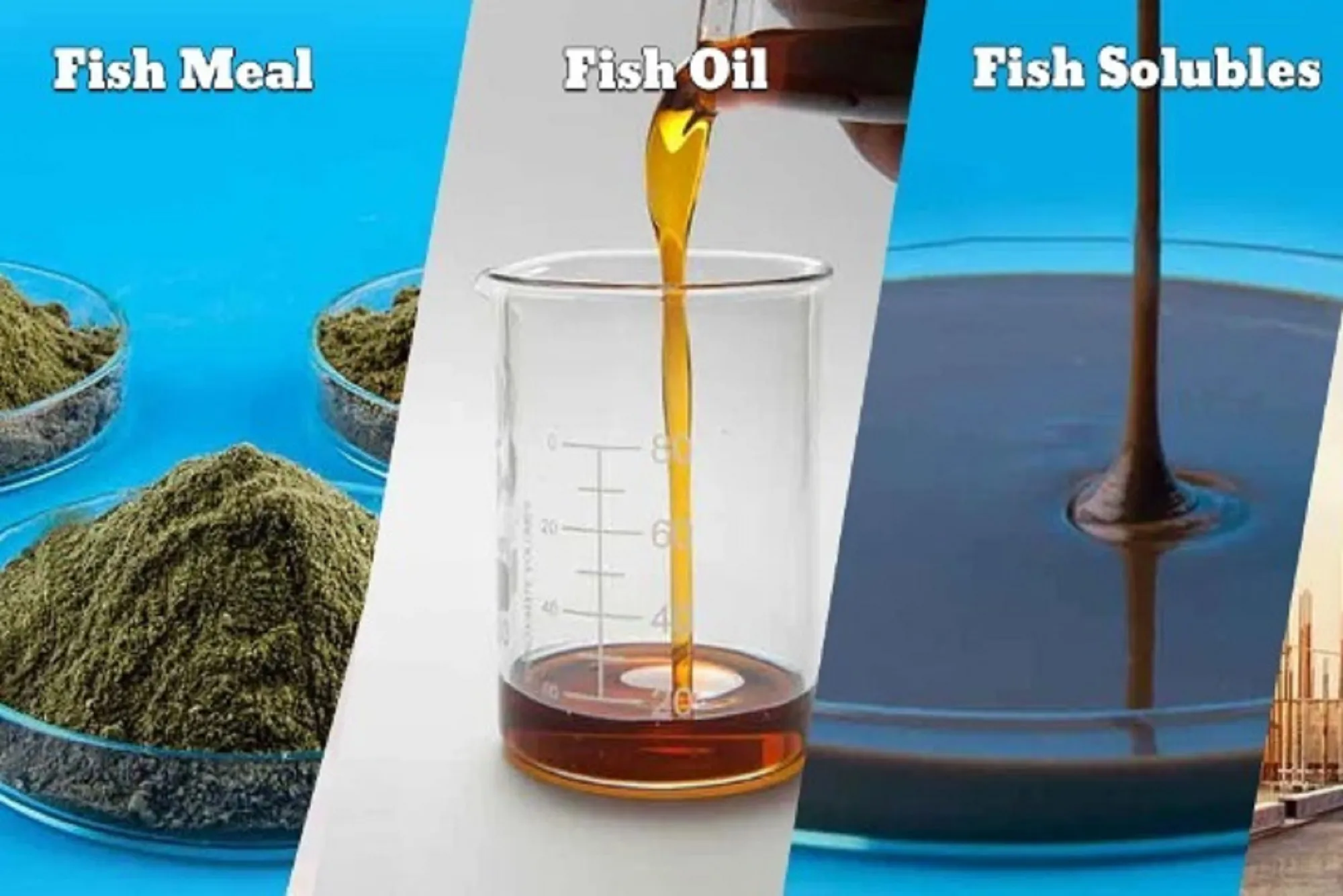Fish meal remains one of the most valuable protein sources in animal nutrition, contributing significantly to aquaculture, poultry, and livestock feed. In recent years, researchers and feed manufacturers have been exploring new ways to enhance the nutritional value of fish meal, leading to the integration of shark liver oil into formulations. This emerging trend is driven by the need for superior nutrient profiles, sustainable sourcing, and innovative applications in modern feed production.
With its high levels of squalene, alkylglycerols, and omega-3 fatty acids, shark liver oil presents numerous health benefits, making it a promising addition to fish meal-based feeds. This article explores the latest trends, scientific research, production processes, cost factors, and sustainability considerations related to fish meal and its innovative applications with shark liver oil.
Nutritional Value of Fish Meal and Shark Liver Oil
Essential Nutrients in Fish Meal
Fish meal is a nutrient-dense feed ingredient derived from small fish species or processing byproducts. It contains high-quality protein, essential amino acids, omega-3 fatty acids, vitamins, and minerals, making it an optimal choice for animal nutrition. The high digestibility and bioavailability of these nutrients promote faster growth, improved immune response, and better feed conversion efficiency in livestock and aquatic species.
Key nutrients found in fish meal include:
- Protein (60-72%) – Supports muscle development and tissue repair
- Omega-3 fatty acids (EPA & DHA) – Essential for brain development and cardiovascular health
- Calcium and phosphorus – Crucial for bone health and metabolic functions
- B vitamins – Aid in energy metabolism and overall health
Unique Benefits of Shark Liver Oil in Fish Meal
Shark liver oil has long been valued for its immunomodulatory, anti-inflammatory, and antioxidant properties. When incorporated into fish meal, it enhances its nutritional efficacy by:
- Strengthening the immune system due to alkylglycerols
- Enhancing cellular protection through squalene, a powerful antioxidant
- Improving skin and coat health in livestock
- Supporting cardiovascular and brain function through omega-3 fatty acids
Research indicates that fish meal fortified with shark liver oil can lead to improved growth rates, disease resistance, and overall health benefits in aquaculture species such as shrimp, salmon, and tilapia.
Fish Meal Production Processes and Innovations
How Fish Meal is Produced
The fish meal production process involves several steps to ensure nutrient preservation and product quality. The key stages include:
- Cooking – Fresh fish or fish byproducts are cooked to denature proteins and release oil.
- Pressing – Extracts excess water and separates oil from solid material.
- Drying – Removes moisture to prevent microbial growth and degradation.
- Milling – The dried fish meal is ground into fine particles for easy incorporation into feed.
Advanced processing technologies, such as low-temperature drying and enzymatic hydrolysis, are being used to enhance the digestibility and nutritional availability of fish meal, especially when combined with shark liver oil.
Sustainable Sourcing of Fish Meal
Sustainability is a critical concern in the fish meal industry, given the risks of overfishing and ecosystem depletion. To ensure ethical production, companies are adopting strategies such as:
- Utilizing fishery byproducts instead of whole fish
- Implementing strict catch limits to protect marine biodiversity
- Improving traceability through blockchain and digital tracking systems
- Developing alternative protein sources to reduce dependence on wild fish stocks
Companies like Blueline Worldwide are committed to responsible sourcing and advanced processing methods, ensuring high-quality fish meal that meets industry standards for safety and sustainability.
Cost Factors and Market Trends
The cost of fish meal is influenced by various factors, including:
- Raw material availability – Seasonal fish stock fluctuations impact supply
- Processing technology – Advanced techniques can drive up production costs
- Market demand – Increased use in aquaculture and pet food sectors affects pricing
Despite price fluctuations, the integration of shark liver oil into fish meal offers a cost-effective way to enhance product value without significant increases in production expenses. Research continues to explore optimal incorporation levels to balance cost and nutritional benefits.
Choosing High-Quality Fish Meal with Shark Liver Oil
Factors to Consider When Selecting Fish Meal
When purchasing fish meal enriched with shark liver oil, key considerations include:
- Protein content – Should be at least 60% for premium quality
- Lipid stability – Ensure minimal oxidation of omega-3s
- Sustainability certification – Look for MSC or IFFO certifications
- Processing method – Low-temperature drying preserves nutrient integrity
For businesses seeking high-quality fish meal formulations, it is recommended to order from Turkey, where reputable suppliers provide premium-grade fish meal tailored to various feed applications.
Future Trends in Fish Meal and Shark Liver Oil Integration
Emerging Research and Innovations
The future of fish meal production is being shaped by technological advancements and scientific research. Some key developments include:
- Microencapsulation – Protects omega-3 fatty acids from oxidation, extending shelf life
- Precision nutrition – Tailoring fish meal formulations based on species-specific dietary needs
- Alternative feed sources – Using algae-derived omega-3s to supplement traditional fish meal
As research progresses, shark liver oil-enriched fish meal is expected to become a standard in high-performance feed solutions, benefiting both aquaculture and livestock industries.
Conclusion
The integration of shark liver oil into fish meal represents a significant advancement in feed nutrition, offering enhanced health benefits, sustainability, and cost efficiency. As the demand for superior animal feed continues to rise, companies like Blueline Worldwide are leading the way in sourcing and manufacturing premium-quality fish meal products that meet the highest industry standards.
For industry professionals looking for trusted suppliers, fish meal enriched with shark liver oil presents an innovative and sustainable solution for modern animal nutrition.
For additional insights into fish meal applications and food services, visit Infobeast to explore expert analysis and industry updates.








